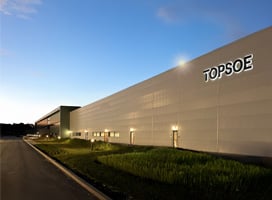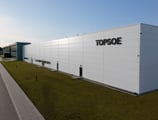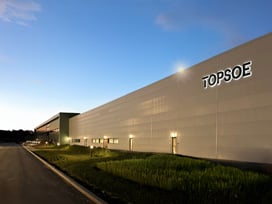One of the keys to optimize the refinery margin is to have optimal fluid catalytic cracking (FCC) unit performance – both in terms of throughput, but also in terms of product slate. Furthermore, the new stringent legislations on transportation fuels dramatically increase the need for removing sulfur from the FCC gasoline to allow production of ultra-low sulfur gasoline (ULSG).
At Topsoe, we have found that high-severity pretreatment of the vacuum gas oil (VGO) feedstock sent to the FCC unit is a far more effective way to boost performance than post-treating FCC gasoline. Such pretreatment boosts conversion by removing nitrogen compounds, improves yields, and reduces light cycle oil (LCO) via hydrodearomatization (HDA). In addition, it helps your unit reduce SOx emissions and enables you to produce low-sulfur gasoline for blending directly into the pool.
We offer a complete portfolio of FCC pretreatment catalysts, including our low-pressure CoMo solutions with BRIM® technology and high-pressure NiMo based catalysts with HyBRIM™ technology.
.png)









